Health Economics
Health economics is a specialized field of economics that examines the efficiency, effectiveness, values, and behaviors associated with the production and consumption of health and healthcare services. This field focuses on the optimal design of healthcare systems, including insurance structures, and evaluates health technologies economically. Health economists also study health-related behaviors and the effects of various incentives, both financial and non-financial, on modifying these behaviors.
Kenneth Arrow, a pioneering figure in health economics, highlighted in 1963 that health and healthcare are distinct from other economic sectors due to extensive government intervention, significant uncertainties, asymmetric information, barriers to entry, externalities, and the involvement of third-party agents such as physicians. These unique characteristics mean that purchasing decisions in healthcare are often made without direct reference to the price of services or products.
As a result, economic evaluations in healthcare typically use cost-effectiveness analyses rather than cost-benefit analyses. Cost-effectiveness analyses, rooted in ‘extra-welfarist’ principles established by Culyer and others, rely on methodologies from clinical trials, health services research, and epidemiology. Health technology assessments predominantly use these economic evaluation methods, but also incorporate other aspects of health economics and econometrics to inform healthcare policy and the design of public and private healthcare systems.
Health economics, therefore, plays a crucial role in understanding and improving how healthcare resources are allocated and utilized to maximize health outcomes and ensure the sustainability and efficiency of healthcare systems.
Click HEOR TERMINOLOGY
